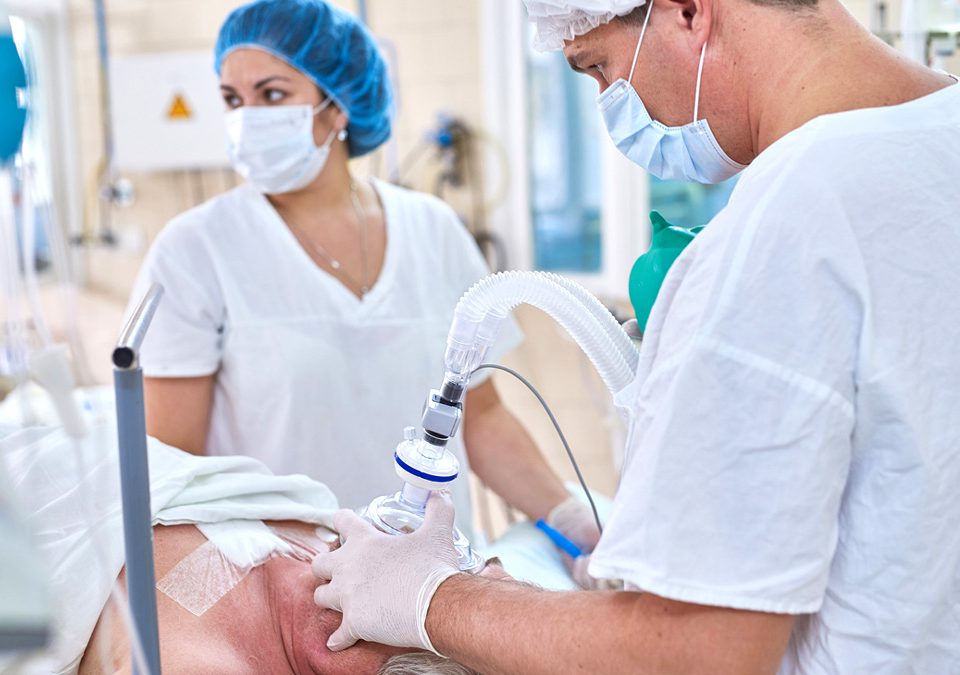
6 Little Perks Of Joining a Caribbean Medical School to Brighten Your Day
If you are in the throes of applying to medical schools abroad, you may be riddled with some initial concerns. After all, you don’t want to face extra obstacles than you absolutely have to or god forbid, leverage inadequate equipment when applying for residency. Throw all worries to the winds, we say, for Caribbean medical schools offer you an unparalleled educational and life experience. In fact, there are lots of other perks associated with learning abroad which you may not be aware of. Here are 6 little benefits to put a smile on your face and make up your mind:
Acceptance rates are higher on average
As compared to schools in the U.S., most international medical schools especially in the Caribbean region, boast a much higher acceptance rate. For instance, the George Washington University School of Medicine is notorious for accepting only 3.6 percent of all applicants, which translates into tons of rejections and heavy hearts. While acceptance rates vary considerably across the globe, you have a much higher chance of soliciting an interview request at credible universities like WUSOM, which aspire to provide an equal chance to all applicants, regardless of their MCAT scores.
You’ll Come Across a wider Array of illnesses
When you choose to reside in a different country for pursuing a career in medicine, you will come across a range of local health concerns, different from the ones you have been used to seeing back home. If you browse through the website of the World Health Organization, you will be amazed to see some stark differences between countries. Becoming acquainted with the treatment and cure of a wide variety of diseases can prepare you well for future endeavors and help you work in a diversified environment. Since the Caribbean consists of an archipelago of islands, you will inevitably get to see a host of diverse medical cases which are bound to increase your knowledge.
You’ll learn to Appreciate Life and not take Things for Granted
Living away from home means that you may not have access to some of the comforts and amenities that you take for granted at home and have grown to expect naturally. Not only would it serve to change your perspective and separate out what’s important from luxury, it might make you a better doctor in the end.
Caribbean Schools Open Doors For Clinical Rotation Opportunities in the U.S.
The first two years of basic science in many of the Caribbean schools is done right on their campuses, while they have also gleaned affiliations with credible U.S. hospitals for clinical rotations, which is often a big enticement for students. Though you will still be studying overseas, you will be presented with the same opportunities and clinical exposure as the home medical students of the hospitals. This would greatly come to your aid when applying to U.S. residencies. For instance, Windsor University School of Medicine in St. Kitts is proudly affiliated with leading hospitals throughout North America. Medical schools located in other countries also give students opportunities for U.S. clinical rotations, but on a more case-by-case basis.
Closer community
Medical schools in the Caribbean region receive a lot of students from diverse backgrounds, and are therefore famous for having closer knit communities than medical schools in the U.S. Since it’s the first time that most students are studying abroad, everyone can share a common experience, foster a great professional network even after graduation, and make friends for life.
To make students feel at home, WUSOM has myriad student organizations which act as umbrella bodies for students hailing from a similar background or geographical location. For instance, the Nigerian Students Association (NSA) strives to make St. Kitts a home away from home for all Nigerian students and acts as the voice of communication between students and the university authorities. All members look out for each other by offering advice and encouragement to their peers, as it relates to the best approaches for excelling in their academic pursuits. In addition, the organization helps students foster positive partnerships that will be of use to them in the future, and seek to build upon them to enhance the island experience of the Nigerian and African student.
You Will Enjoy Cultural Diversity
A medical school abroad gives you an once-in-a-lifetime opportunity to familiarize yourself with a wide array of cultures and open your mind to the world. Not only do you get to learn from your fellow classmates, but this also extends to experiences outside the classroom. Eventually, you will come to develop a deeper understanding of different people’s beliefs and religions and find it rewarding to learn about myriad points of views.



